Common comments related to organic beekeeping include:
- Honey is always organic
- Bees gather on non-ecological areas
- Organic farmers also practice factory farming
- Not everywhere that says organic is actually organic
The transition phase
Since the EU and organic associations such as Bioland and Demeter sometimes have different requirements for organic beekeeping, we will mention the most important requirements here, which essentially do not differ or differ only slightly. After applying for organic beekeeping, a one to three-year conversion phase begins, during which the organic beekeeper can convert his business, including all bee colonies, in accordance with the requirements.
Location
Since the beekeeper can hardly influence the flight radius of bees, but the bees move within a radius of around 3 kilometers, the apiaries essentially have to be set up in organic crops, i.e. in natural areas with wild plants, organic fields or organic crops with low environmental impact become.
Accommodation of bees in hives
Beehives in organic beekeeping must be made of natural materials such as wood, straw or clay. The roof and grid floor are excluded from this. Wooden hives are the norm and a few beekeepers still work traditionally with beehives.
Beeswax
The wax used to create middle panels or starting strips must be a natural honeycomb or uncapping wax from a certified organic company. Since bee colonies were treated with chemicals such as perizin against the Varroa mite, especially in the past, these chemical insecticides accumulated more and more in the honeycombs over the years and still find their way into the honey today. Since beekeepers often use old wax to make middle walls, conventional beekeepers repeatedly use beeswax that is contaminated with chemicals. Organic beekeepers therefore either use certified and therefore residue-free beeswax or their own wax.
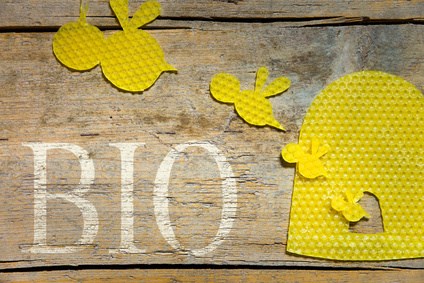
Wing cutting prohibited
Clipping the queen bee's wings is prohibited in organic beekeeping.
feeding
If possible, the bees should have their own honey available as food for overwintering. When supplementary feeding, organic honey, organic sugar or organic sugar syrup from organic farming must be used. Pollen substitutes are not permitted.
Bee health and Varroa control
Organic acids such as formic acid, oxalic acid and lactic acid are permitted to combat Varroa. Biotechnical and biophysical methods as well as brood removal or artificial swarm formation are also possible, depending on the association.
breed
Natural breeding and propagation is the aim. Queen breeding is either not permitted or only permitted with special permission. Purchasing from organic farming is permitted. Conventional queens or swarms are only approved at a maximum of 10%.
Honey
The honey from organic beekeeping must not be heated above 35°C or 40°C and must contain a maximum of 18% water.
Quality control
The organic beekeeper's business must undergo inspection at least once a year. Extensive documentation of migration locations, harvest and sales quantities to combat Varroa is mandatory here. Honey and beeswax are also examined for residues.
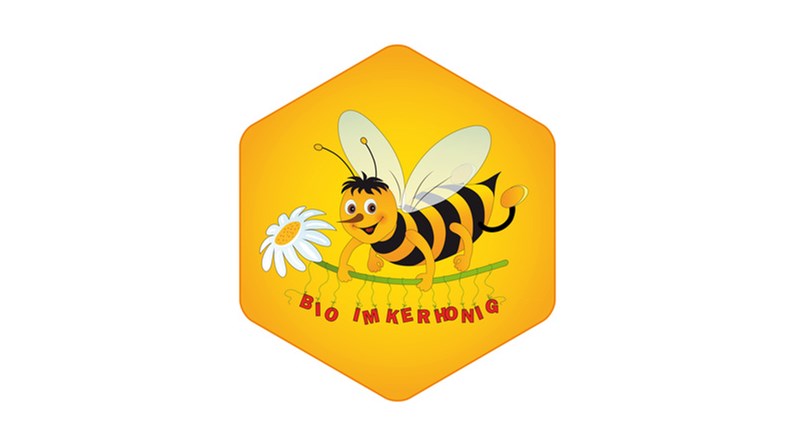
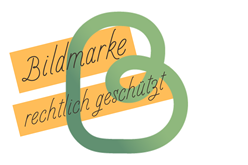


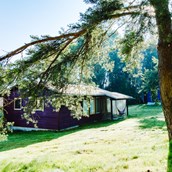
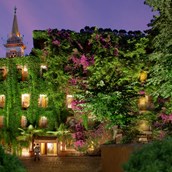
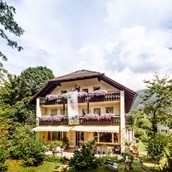

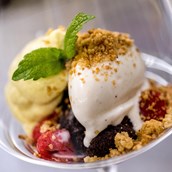
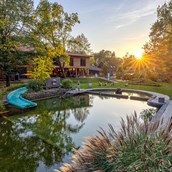
.png)